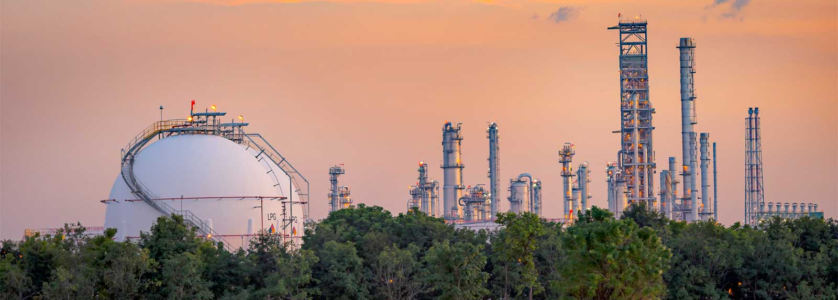There’s a lot of news hitting energy markets, which in turn, is hitting prices. Reports now suggest that OPEC+ is not looking at crude production cuts, while a renewed Iranian nuclear deal could push more barrels on the market. G7 finance ministers will also meet virtually tomorrow, and are expected to endorse a plan to set a cap on the price of Russian oil and commit to finalizing its implementation.
How would the caps work? Details are still being discussed, but they would likely be implemented close to the cost of Russian production, thereby denting Moscow’s finances, but still ensuring critical energy flows. To accomplish this, Europe would restrict the availability of transport and insurance services to shippers that agree to observe the price ceiling (~95% of the world’s oil tanker fleet is covered by the International Group of P&I Clubs in London and companies based in continental Europe). Another proposal would apply similar caps on Russian gas prices, or limit the usage of U.S. financial services that could also benefit the scheme.
WTI crude fell below $90 a barrel on the news after posting a third monthly decline in August (the longest losing streak since April 2020). The sentiment has also flowed into September, with WTI futures (CL1:COM) down 2% to $87.55/bbl at the time of writing. “Energy traders anticipate a brutal period for global growth,” added Edward Moya, senior market analyst at OANDA. “China factory activity remains depressed and another eurozone record-high inflation reading has raised the prospects of much more aggressive ECB tightening that could trigger a severe recession.”
A wild card: Markets have priced in a previously announced shutdown of the Nord Stream 1 pipeline, which will be closed over the next 72 hours for maintenance work. However, if Russia prolongs the closure (it has been restricting gas supplies over the past three months), energy prices could spike once again. Many in the industry say that Vladimir Putin is “weaponizing” supplies by creating uncertainty around the limited gas flows, while leveraging his position by adding to the anxiety in Europe.

